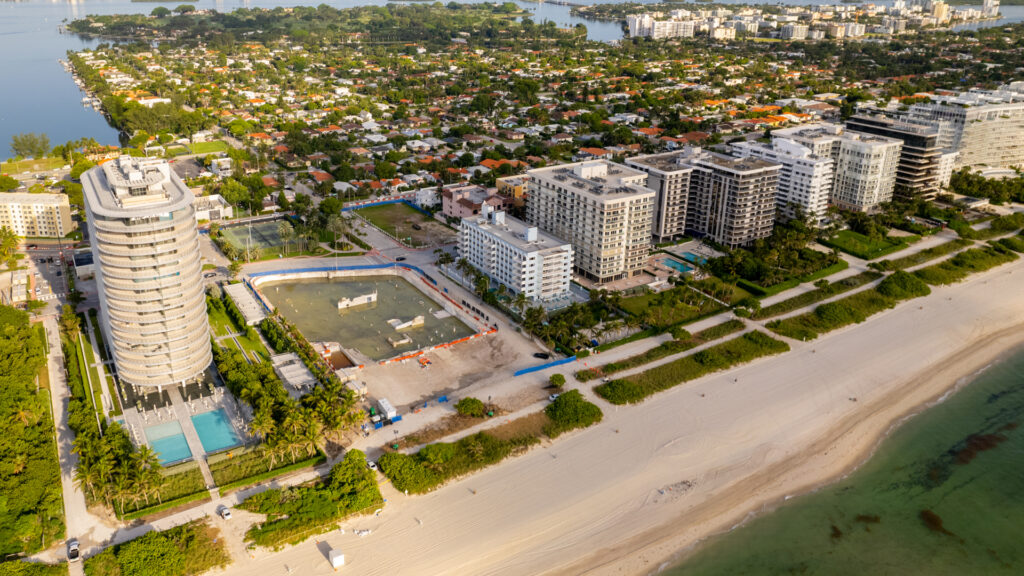A roundup of news items related to climate change and other environmental issues in Florida:
Could sea rise weaken Florida’s coastal buildings? New study will help answer question | Miami Herald

When the Champlain Towers building in Surfside came crashing down in 2021, the tragedy raised concerns about the threat of rising groundwater possibly destabilizing thousands of older buildings that crowd South Florida’s coast, and the underground foundations that keep them standing.
While the investigation later turned away from a saltwater-eroded foundation as a trigger for the disastrous collapse, researchers still have unanswered questions about the potential threat posed by sea level rise to the pipes, wires, steel and concrete that undergird South Florida.
Now, thanks to a $9 million federal grant, scientists hope to get a detailed look at the murky mystery underneath our feet. Florida International University plans to use that cash to fund a network of wells along the coast that could offer new insight into exactly how sea-level rise is already changing the landscape underground — and what kind of threat the thousands of high rises along the coast could face.
University of Florida Student Senate passes ‘Green New Deal’ | The Guardian
The University of Florida Student Senate voted in favor of a “Green New Deal” late on Tuesday, becoming the first public university to adopt such a resolution through student government.
The mandate – which was unanimously passed – calls for sweeping campus-wide measures to tackle the climate crisis that include just transition, total divestment from fossil fuels, disclosure of the university’s financial ties within the private sector and a ban on receiving research funding from the fossil fuel industry.
USF’s ‘Flood Hub’ is helping the state look into resiliency needs | WUSF
Many of us have heard the warnings about coastal flooding increasing because of strengthening storms and hurricanes. But before work can be done to address resilience in the face of these threats, we have to know what roads, buildings and utilities are at risk.
That’s where the new Florida Flood Hub comes in. It was recently established at the USF College of Marine Science in St. Petersburg.
Once it is fully operational, Wes Brooks – Florida’s chief resilience officer – says the hub will identify what’s most vulnerable to flooding statewide.
If you have any news items of note that you think we should include in our next roundup, please email The Invading Sea Editor Nathan Crabbe at ncrabbe@fau.edu. Sign up for The Invading Sea newsletter by visiting here.



